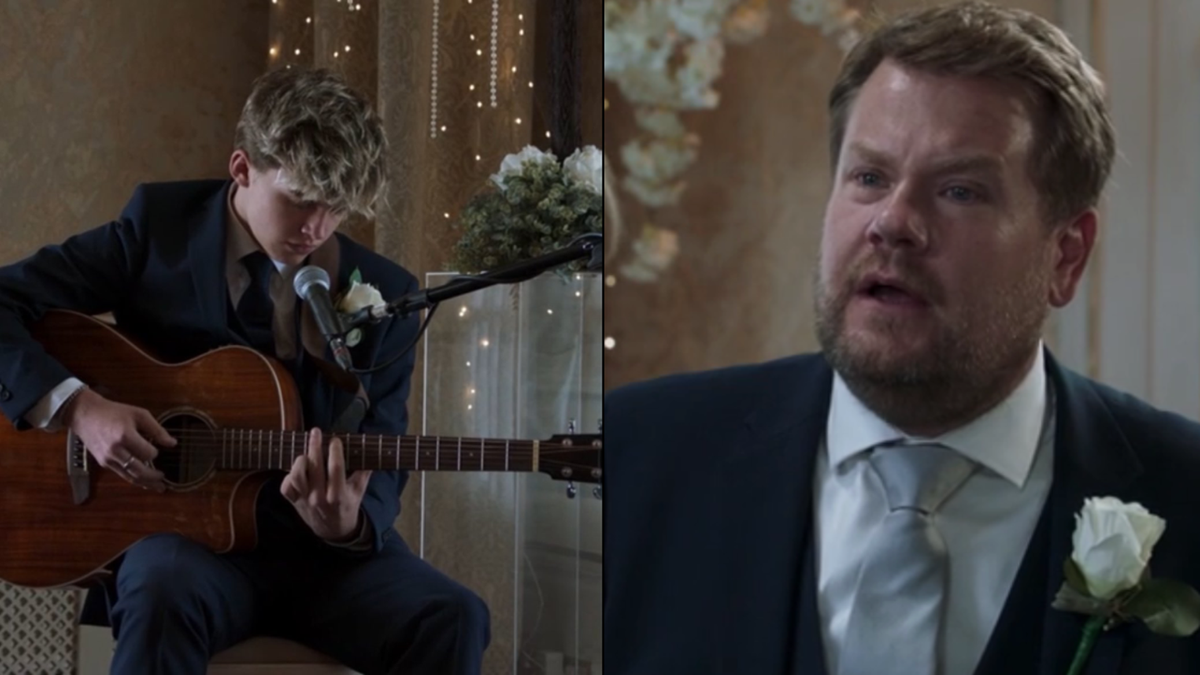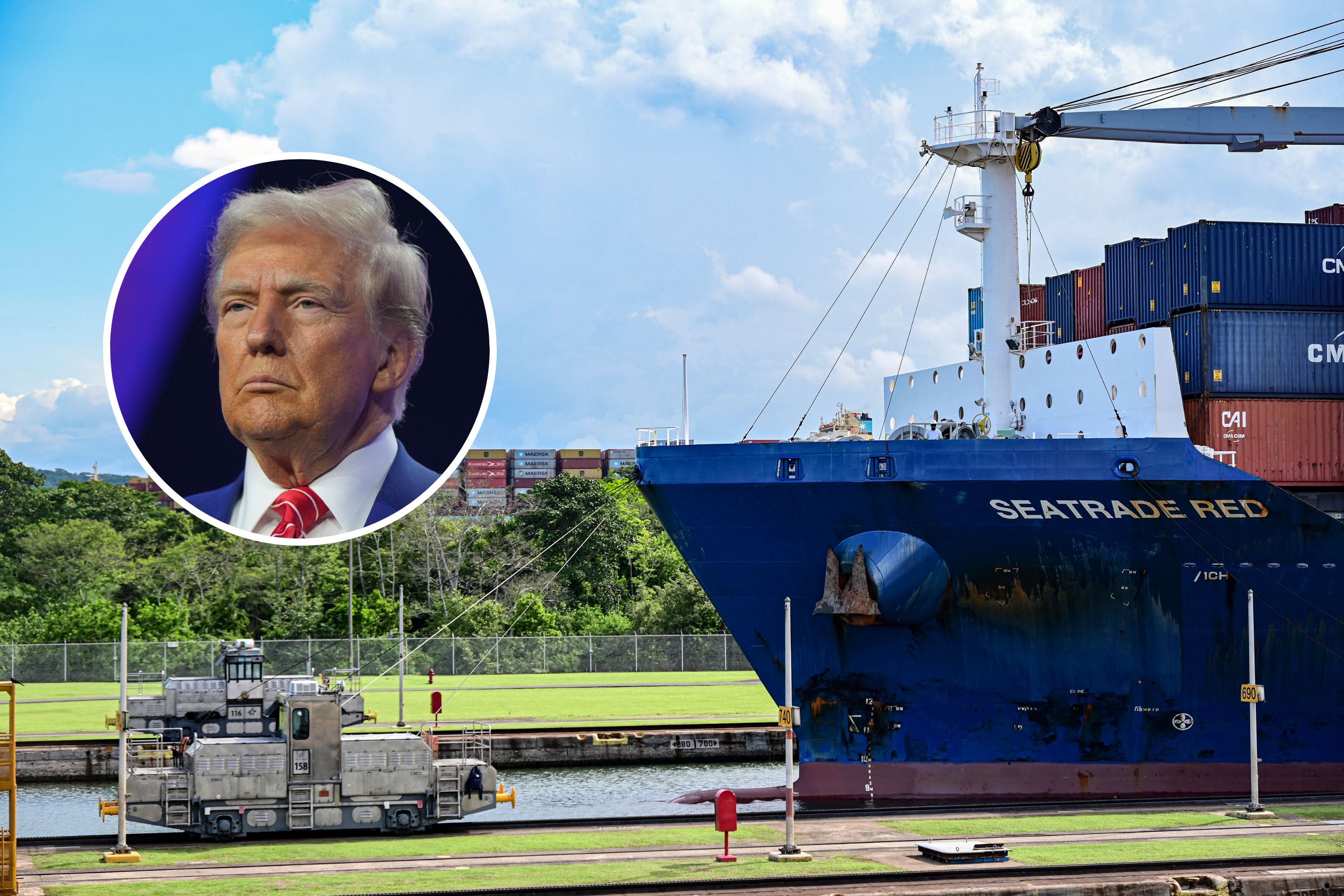NATO countries are staring down the "dawn of a third nuclear age," the head of the U.K.'s military has said, as the alliance's chief denounces Russia's nuclear "saber-rattling" and the bloc eyes North Korea and Iran's nuclear programs with deep concern.
Admiral Sir Tony Radakin, the Chief of the Defense Staff, said during a speech at the Royal United Services Institute (RUSI) on Wednesday that the global balance of power was "shifting," adding that a "third nuclear age is upon us."
The nearly three years since Russia launched its full-scale invasion of Ukraine has marked the worst point in relations between Moscow and Washington—and many other nations making up the NATO alliance—since the end of the Cold War.
The grinding war, which has afforded the Kremlin significant gains in eastern Ukraine over the past year, has been marked by often overt nuclear threats. Russian President Vladimir Putin put Russia's nuclear deterrence forces on high alert as Moscow's forces poured into Ukraine in early 2022, and the Kremlin's veteran foreign minister, Sergey Lavrov, said a few months later that the risks of nuclear conflict had become "considerable."

Putin said in March this year that Russia was militarily equipped and "ready" for nuclear war.
"From Russia, we have seen wild threats of tactical nuclear use, large-scale nuclear exercises and simulated attacks against NATO countries, all designed to coerce us from taking the action required to maintain stability," Radakin said. Moscow kicked off large-scale drills in late October, simulating a retaliatory nuclear strike.
The "first nuclear age" was the decades of the Cold War, Radakin said. The decades of the Cold War saw the vast build-up of nuclear weapons by the U.S. and the then-Soviet Union, "governed by the risk of uncontrollable escalation and the logic of deterrence," Radakin added.
"The second nuclear age" was made up of "disarmament efforts and counter-proliferation," the military chief added. The Federation of American Scientists said earlier this year that the world's stockpiles of nuclear weapons had been declining since the early 1990s, but that the pace of reductions was now "slowing."
"But we are at the dawn of a third nuclear age," Radakin said. It is "altogether more complex," the chief of the defense staff continued, adding: "It is defined by multiple and concurrent dilemmas, proliferating nuclear and disruptive technologies, and the almost total absence of the security architectures that went before."
In NATO, the U.S., the United Kingdom and France have nuclear weapons, but several other European bases also host U.S. tactical nuclear weapons.
Russia has the world's largest stockpile of nuclear weapons, followed closely by the U.S. Together, Moscow and Washington have roughly 90 percent of the world's nuclear weapons.
"We take nuclear issues extremely seriously," NATO chief Mark Rutte said on Wednesday. "But let's also agree that there is a lot of saber-rattling coming out of Russia, and Russia wants us to discuss its nuclear capability, and we don't want to spend time on this," he added during a press conference in Brussels.
"We have to make sure that our deterrence is strong, and it is strong, that we can fight back to any adversary, to any enemy who tries to do it harm," Rutte added.
Prominent Russian officials, such as former President Dmitry Medvedev, who has stayed on as a hawkish voice on the Kremlin political scene, as well as Russian state television commentators, have frequently mentioned the prospect of nuclear war. Some state media hosts and guests have suggested that Moscow should launch nuclear strikes on countries, such as the U.S. and U.K., that support Kyiv's war effort.
Radakin said there was "only a remote chance of a significant direct attack or invasion by Russia on the United Kingdom," and more widely on other NATO member states.
Moscow is aware the response from NATO nations "would be overwhelming, whether conventional or nuclear," Radakin said, adding that a strong nuclear deterrent "works and is working."
"It has to be kept strong and strengthened against a more dangerous Russia," the defense chief added.
China is also building up its nuclear forces, and Russia is believed to be providing assistance to North Korea with its conventional and nuclear missile programs.
.png)



















 English (US) ·
English (US) ·